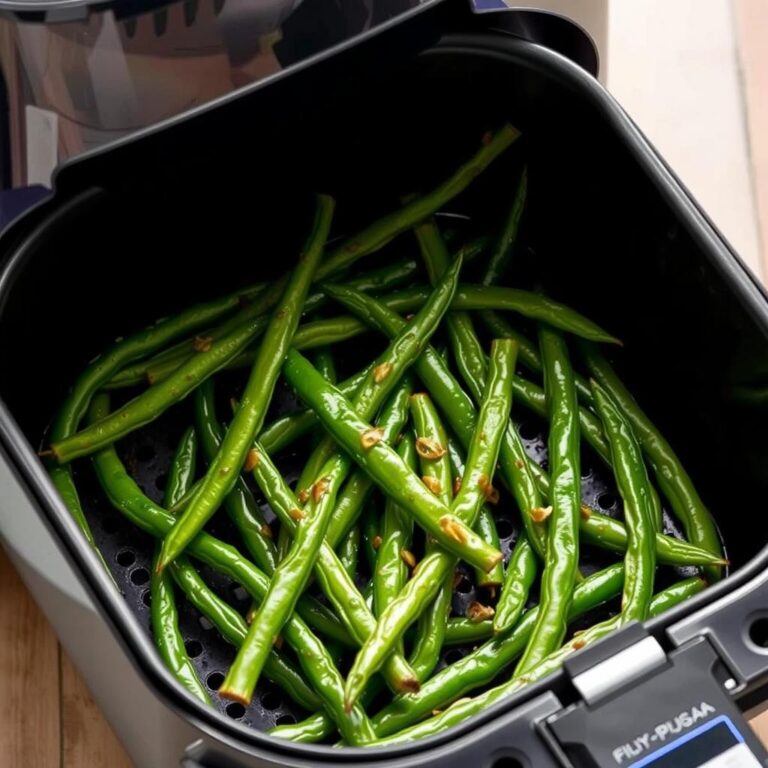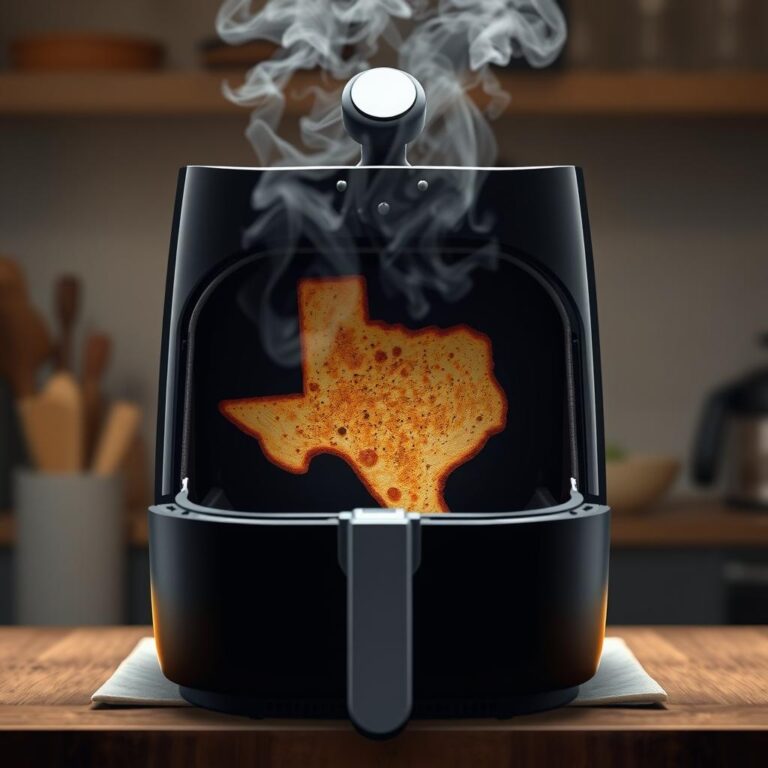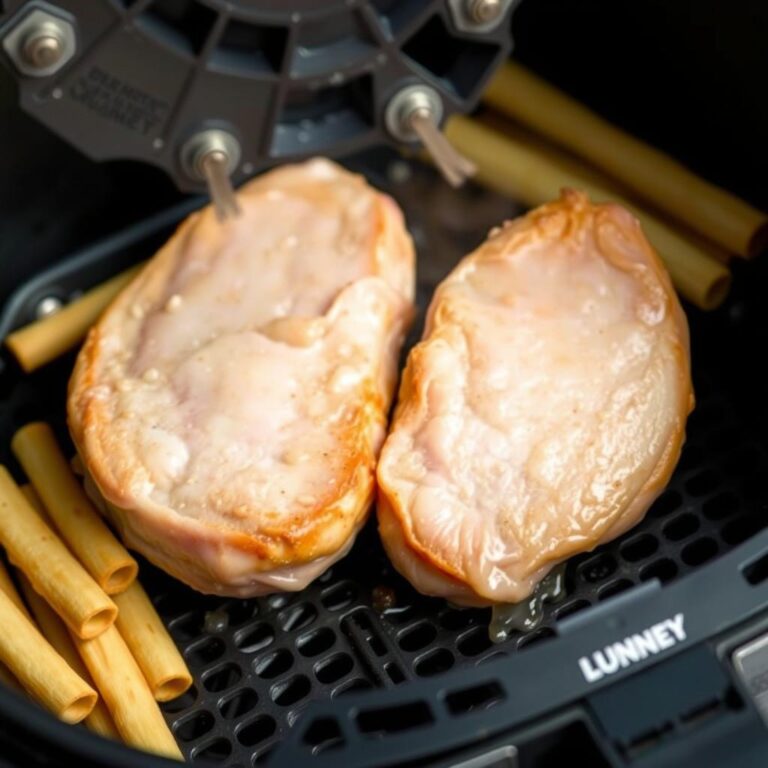Okay, let's dive into figuring out exactly how long to cook brisket per pound.
So, you're staring at a raw brisket, ready to transform it into barbecue gold, but that nagging question keeps popping up: "How long am I really supposed to cook this thing per pound?"
It's the million-dollar question that separates barbecue legends from barbecue… well, let’s just say “learning experiences.”
Decoding the Brisket Time Mystery: How Long to Cook Brisket Per Pound
I get it. You want a simple answer, like a magic formula.
But smoking brisket isn't an exact science.
It's more of an art, guided by some pretty reliable principles.
The truth is, calculating the cook time for your brisket based solely on weight is a starting point, not the gospel.
We're talking about low and slow, where patience and understanding are your best friends.
Think of “how long to cook brisket per pound” as your compass, pointing you in the right direction, but you still need to read the terrain.
Why?
Because factors like the thickness of your brisket, the consistency of your smoker's temperature, and even the quality of the meat itself all play a huge role in the final cook time.
Why "Per Pound" Is a Good Start (But Not the Whole Story)
Okay, so why even bother with the "per pound" rule if it's not perfect?
Because it gives you a crucial estimate.
A ballpark figure.
A fighting chance of not serving shoe leather to your guests.
Generally, you're looking at around 1 to 1.5 hours per pound at 225-250°F (107-121°C).
So, a 12-pound brisket?
That's roughly 12-18 hours of cooking time.
However, this is where the art comes in.
Factors That Throw Off the "Per Pound" Calculation
Let's break down the variables that can make or break your brisket cook time:
- Brisket Thickness: A thicker brisket will take longer to cook than a thinner one of the same weight.
- Smoker Temperature Fluctuations: If your smoker is constantly swinging up and down in temperature, it will affect the overall cook time.
- Meat Quality and Marbling: A well-marbled brisket will often cook faster and more evenly than a leaner one.
- The Stall: The dreaded stall! This is when the brisket's internal temperature plateaus, sometimes for hours, due to evaporative cooling. Knowing how to manage the stall can dramatically affect your cook time.
- Wrapping: Wrapping your brisket in butcher paper or foil (the "Texas Crutch") helps it power through the stall but can also shorten the overall cook time.
- Altitude: Believe it or not, your altitude can impact cooking times. Higher altitudes often mean longer cook times.
The Real Secret: It's About Tenderness, Not Time
Forget obsessing over the clock.
The real key to brisket perfection is tenderness.
You want that "probe tender" feel – when a thermometer or probe slides into the thickest part of the brisket with little to no resistance.
This usually happens around an internal temperature of 203°F (95°C), but again, tenderness is the true indicator, not the number.
Essential Tools for Brisket Success
To ditch the guesswork and nail that perfect brisket, here’s what you need:
- Reliable Smoker: A smoker that holds a consistent temperature is crucial.
- Accurate Thermometer: Don't rely on the smoker's built-in thermometer. Use a digital thermometer to monitor both the smoker temperature and the internal temperature of the brisket.
- Meat Probe: To check for that all-important tenderness.
- Butcher Paper or Foil: For wrapping the brisket (optional, but highly recommended).
- Patience: Seriously, you can't rush great barbecue.
My Pro Tips for Brisket Cooking Time
Here are a few hard-earned tips I've learned over the years:
- Start Early: Always give yourself more time than you think you need. A brisket that finishes early can be held in a cooler. A brisket that's not done when your guests arrive? Not so good.
- Don't Overcrowd the Smoker: Make sure there's enough space around the brisket for proper airflow.
- Trust Your Gut: Use the "per pound" rule as a guide, but ultimately, trust your senses. Look at the brisket, feel the brisket, and let that guide your decisions.
- Document Everything: Keep a cooking log. Note the weight of the brisket, the smoker temperature, the time you wrapped it (if you did), and the final internal temperature. This will help you fine-tune your process for future cooks.
- Embrace the Stall: Don't panic when the temperature stalls. It's a normal part of the process. Resist the urge to crank up the heat, as this can dry out the brisket.
So, while calculating how long to cook brisket per pound provides a useful estimate, remember that mastering brisket is a journey, not a destination.

Okay, let's dive deeper into figuring out exactly how long to cook brisket per pound, beyond just the basic calculation.
You're now armed with the understanding that weight is just a starting point, not the ultimate answer to your brisket quest.
Mastering Brisket: Beyond the "How Long to Cook Brisket Per Pound" Rule
So, you're not just aiming for cooked brisket, you're aiming for perfectly cooked brisket.
That means we gotta go beyond the simple math of how long to cook brisket per pound.
It’s about understanding the meat, the process, and your equipment.
Think of this next section as your advanced brisket cooking course.
Temperature is King, Tenderness is Queen: How They Affect Brisket Cooking Time
Forget just how long to cook brisket per pound for a moment, and let's focus on temperature.
Internal temperature, specifically.
You're shooting for that magic 203°F (95°C) mark, but remember, tenderness trumps temperature every single time when you’re thinking about how long to cook brisket per pound.
A good quality meat thermometer is your best friend here, constantly monitoring the internal temp while considering the ideal brisket cooking time.
A brisket might hit 203°F, but still not be probe tender.
It might need another hour, or even two!
Conversely, a smaller, thinner brisket might be probe tender at a slightly lower temperature, impacting how long to cook brisket per pound.
The key is understanding what that probe feels like sliding into softened butter.
That's the signal that your brisket cooking time, no matter how long to cook brisket per pound it took, is coming to an end.
Navigating the Stall: Minimizing Brisket Cooking Time
The stall is the bane of every pitmaster's existence.
It's that frustrating period where the brisket's internal temperature just… stops rising.
Sometimes for hours.
This evaporative cooling process can significantly impact how long to cook brisket per pound.
But there are ways to navigate it!
- The Texas Crutch (Wrapping): Wrapping your brisket in butcher paper or foil helps it power through the stall by trapping moisture and increasing the internal temperature. This can shorten the overall brisket cooking time.
- Increase Temperature (Slightly): Some pitmasters advocate for a slight bump in smoker temperature (25-50°F) to push through the stall. Be careful not to overdo it, as this can dry out the brisket.
- Patience: Sometimes, the best approach is simply patience. Let the brisket do its thing. It will eventually power through.
Mastering stall management isn't just about shortening brisket cooking time; it's about preventing a dry, tough final product, especially when considering how long to cook brisket per pound.
Smoker Matters: How Your Equipment Impacts Brisket Cooking Time
The type of smoker you're using has a massive impact on how long to cook brisket per pound.
A well-insulated smoker that holds a consistent temperature will generally cook a brisket more efficiently than a leaky, unstable one.
- Offset Smokers: These are the gold standard for barbecue, providing excellent smoke flavor and temperature control. They typically require more attention and fuel management.
- Pellet Smokers: These are incredibly convenient, offering precise temperature control and automated fuel feeding.
- Electric Smokers: Easy to use, but sometimes struggle to produce the same level of smoke flavor as other types of smokers.
- Kamado Grills: Versatile cookers that can be used for both smoking and grilling. They hold temperature extremely well.
Regardless of the type of smoker you're using, make sure it's properly calibrated and that you're using a reliable thermometer to monitor both the smoker temperature and the internal temperature of the brisket to understand how long to cook brisket per pound.
Selecting Your Brisket: The Cut's Impact on Brisket Cooking Time
Not all briskets are created equal.
The grade and cut of your brisket will also influence how long to cook brisket per pound.
- USDA Prime: This is the highest grade of beef, with abundant marbling. Prime briskets tend to cook faster and more evenly than lower grades.
- USDA Choice: A good middle-ground option, with decent marbling.
- USDA Select: The lowest grade of beef, with minimal marbling. Select briskets may require longer cooking times and more careful attention to prevent them from drying out.
- Full Packer vs. Flat Cut: A full packer brisket includes both the point and the flat, while a flat cut is just the flat muscle. Packer briskets generally take longer to cook because they're thicker and have more mass, directly impacting how long to cook brisket per pound.
Pro Tips: Fine-Tuning Your Brisket Cooking Time
Okay, you've got the theory down. Now let's get into some practical tips for mastering how long to cook brisket per pound.
- Dry Brining: Salt your brisket 12-24 hours before cooking. This helps the meat retain moisture and enhances flavor.
- Smoke Ring: To maximize smoke ring formation, start with a cold brisket and use a clean-burning wood.
- Resting: After cooking, let the brisket rest for at least an hour, or even longer, before slicing. This allows the juices to redistribute throughout the meat, resulting in a more tender and flavorful final product.
- Slicing: Always slice against the grain for maximum tenderness.
- Keep a Brisket Log: Every brisket is different. Keep track of your smoker temp, the weather, size and grade of the brisket, and other parameters. This helps you learn what to expect with how long to cook brisket per pound.
Common Mistakes That Affect Brisket Cooking Time
Even experienced pitmasters make mistakes. Here are a few common pitfalls to avoid when trying to figure out how long to cook brisket per pound:
- Overcrowding the Smoker: This restricts airflow and can lead to uneven cooking.
- Using Too Much Wood: Excessive smoke can make the brisket taste bitter.
- Opening the Smoker Too Often: This lets out heat and can prolong the cooking time.
- Not Allowing Enough Time for Resting: This is crucial for tenderness.
FAQ
Q: How do I know when my brisket is done?
A: Forget strictly how long to cook brisket per pound. Focus on tenderness. Insert a probe or thermometer into the thickest part of the brisket. It should slide in with little to no resistance, like softened butter.
Q: What if my brisket is done early?
A: Wrap it tightly in foil and then wrap it in a towel. Place it in a cooler to hold it at a warm temperature for several hours.
Q: Can I cook a brisket too long?
A: Yes, overcooking can dry out the brisket. Focus on tenderness, not just time.
Q: What temperature should I hold a brisket at?
A: Ideally, you want to hold it above 140°F (60°C) to prevent bacterial growth.
Conclusion
While understanding how long to cook brisket per pound provides a crucial baseline, remember that it's just the starting point. Mastering brisket requires understanding the meat, your equipment, and the subtle nuances of the cooking process. Embrace the journey, experiment, and most importantly, enjoy the delicious results.




